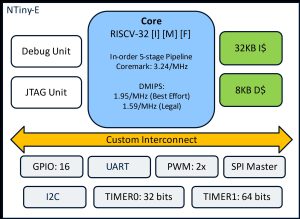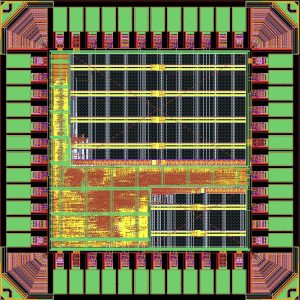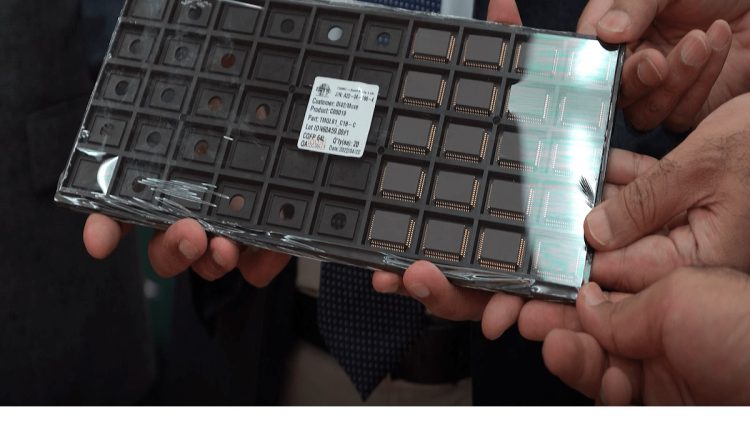Semiconductor Integrated Circuits (IC), also called as a chip, are tiny devices composed of billions of transistors, that drive the electronics world today. For instance, the microprocessor is one of the oldest computing platforms that still quietly powers our life today – there is one in the device you are reading this article on and there is one in the cell phone that we carry around. Apart from their role in the conventional desktop computing, their usage is ubiquitous in countless other products such as cell phones, communication equipment, automobiles, medical devices, aircraft avionics and military equipment and many more. The microprocessor chips are also the key enabler of emerging technological domains such as artificial intelligence (AI), 5G, Internet-of-Things (IoT) and 4th Industrial revolution making them an essential enabling technology for any country’s economy and national security. According to the semiconductor industry association, the global semiconductor market is projected to cross the $500 billion mark by year 2024.
Pakistan does not design the microprocessor chips! This fundamental chip is cent per cent imported – showing ever increased reliance on foreign sources for this utmost important piece of technology. This not only creates a constant fear of technology denial but also a cause of national security concerns.


NUST, being a research led University, is actively involved in pursuing applied research projects to support self-reliance. The researchers at the School of Electrical Engineering & Computer Science (SEECS) have designed an Indigenous RISC-V based Embedded Microprocessor system-on-chip (SoC). The processor core consists of a 5-stage, single-issue, in-order pipeline. It supports standard interfaces such as GPIO, UART, I2C, SPI, PWM and Timers. There is 32KB of instruction and 8KB of data memory on-chip. The SoC also supports on-chip debug unit with JTAG support. The unique aspect of the project is its completely home-grown design which makes it truly indigenous and unique in comparison to using open-source cores. The microprocessor chip has been fabricated from Taiwan Semiconductor Manufacturing Company (TSMC) using their 65nm design process. This NUST sponsored project is a step towards self-reliance and is a timely intervention that will help reduce the dependence on foreign sources for microprocessor requirements in the long run.
The project team includes faculty member Dr. Rehan Ahmed (Assistant Professor) as Principal Investigator and development team members: Shaheer Sajid, Qazi Shahid Ullah, Abdul Moeed and Syed Talha Imam from Department of Electrical Engineering, NUST School of Electrical Engineering & Computer Science (SEECS).
The author is an Assistant Professor, at Department of Electrical Engineering, NUST School of Electrical Engineering and Computer Science (SEECS). He can be reached at rehan.ahmed@seecs.edu.pk.
Researcher’s Profile: https://bit.ly/3JQIXdQ





